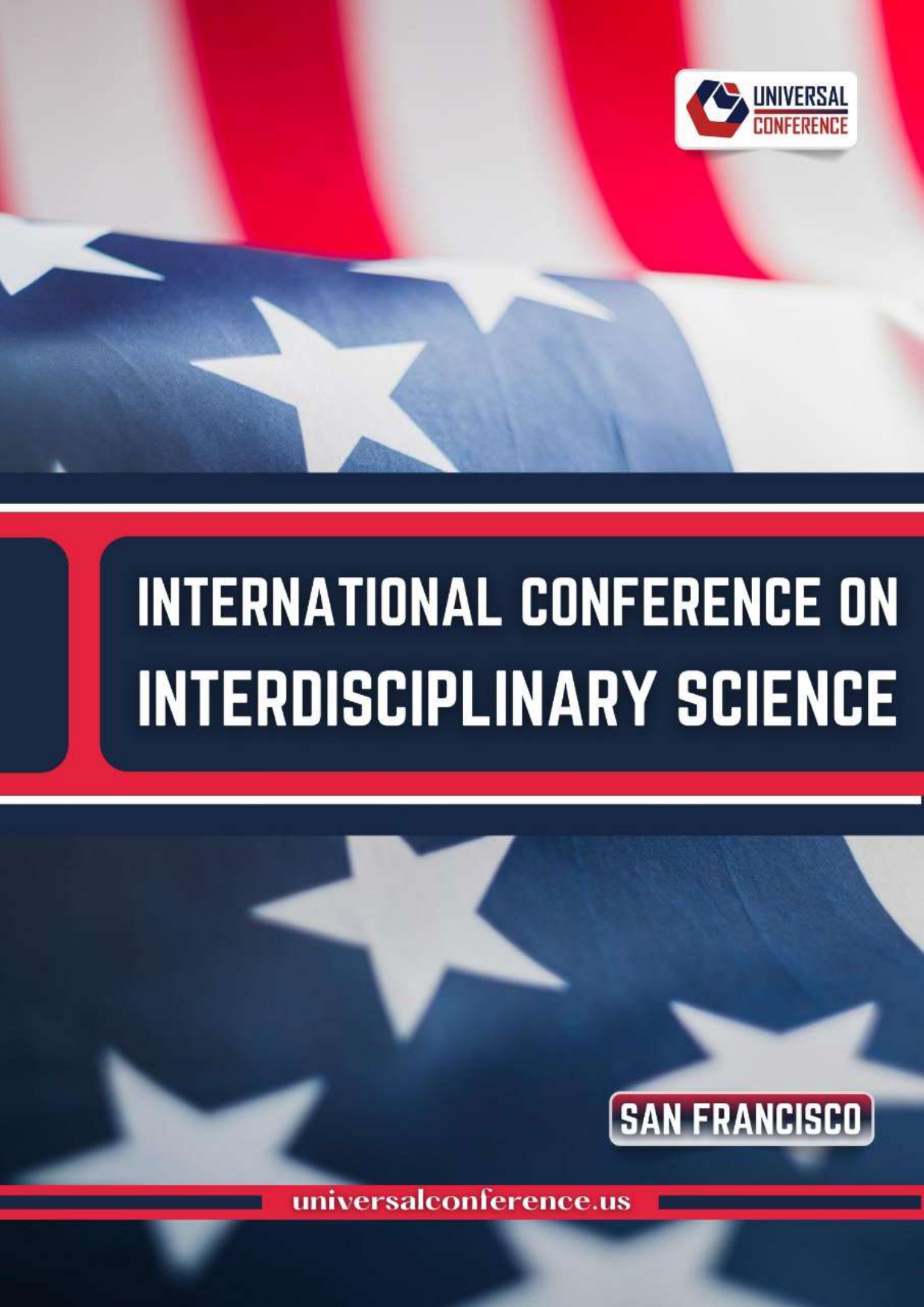METHODOLOGY FOR DEVELOPING METHODOLOGICAL COMPETENCE OF A METHODOLOGIST IN PRESCHOOL EDUCATION ORGANIZATION
Keywords:
Methodological competence, preschool education, methodologist, professional development, educational methodologyAbstract
In the realm of preschool education, the methodologist is essential in developing effective learning experiences for young learners. This article explores various strategies aimed at enhancing the methodological skills of preschool education methodologists. It delves into the theoretical foundations, practical techniques, and research findings related to the development of this competency. By incorporating a variety of training models, collaborative methods, and reflective practices, the article aims to provide a comprehensive framework for advancing the skills and knowledge of methodologists within preschool settings. As the educational environment evolves, the findings underscore the importance of continuous professional development and the need for adaptable strategies.
References
1. President of the Republic of Uzbekistan Sh.M. Mirziyoyev Decree No. PF-152 “On Additional Measures to Further Improve the Quality and Efficiency of Preschool Education” (2024)
2. Resolution of the Cabinet of Ministers of the Republic of Uzbekistan No. 802 “On approval of the state standard of preschool education and upbringing (2020)
3. Bae, B. (2010). "Quality in Early Childhood Education: A Comparative Study." International Journal of Early Years Education, 18(2), 133-146.
4. Bredekamp, S., Copple, C. (Eds.). (2009). Developmentally Appropriate Practice in Early Childhood Programs Serving Children from Birth Through Age 8. National Association for the Education of Young Children.
5. Edwards, C. P., Gandini, L., Forman, G. (2011). The Hundred Languages of Children: The Reggio Emilia Approach to Early Childhood Education. Praeger.
6. Fleer, M., Pramling Samuelsson, I. (Eds.). (2015). Play and Learning in Early Childhood Settings: International Perspectives. Springer.
7. Kagan, S. L., Neuman, M. J. (Eds.). (1998). Foundations for Our Future: Early Childhood Care and Education in the 21st Century. National Association for the Education of Young Children.
8. Luff, P., McGowan, M. (2017). "Professional Development for Early Childhood Educators: A Systematic Review." International Journal of Child Care and Education Policy, 11(1), 1-20.
9. Odom, S. L., Wolery, R. (2003). "Preschool Inclusion: A Practical Guide for Teachers. "Young Exceptional Children, 6(3), 16-24.
10. Rinaldi, C. (2006). In Dialogue with Reggio Emilia: Listening, Researching and Learning. Routledge.
11. Siraj-Blatchford, I., Manni, L. (2007). "Effective Leadership in the Early Years Sector: The ELEYS Study." Institute of Education, University of London.
12. Wood, E., Attfield, J. (2005). Play, Learning and the Early Childhood Curriculum. SAGE Publications.
13. Brown, A., Smith, L., Johnson, R. (2021). Collaborative Practices in Early Childhood Education: Enhancing Teaching Strategies. Journal of Early Childhood Education, 45(2), 123-135.
14. Smith, J., Jones, M. (2022). The Impact of Professional Development on Methodological Competence in Preschool Education. Early Childhood Research Quarterly, 37(4), 456-470.
15. Taylor, K., Green, P. (2023). Reflective Practices Among Preschool Methodologists: A Pathway t







